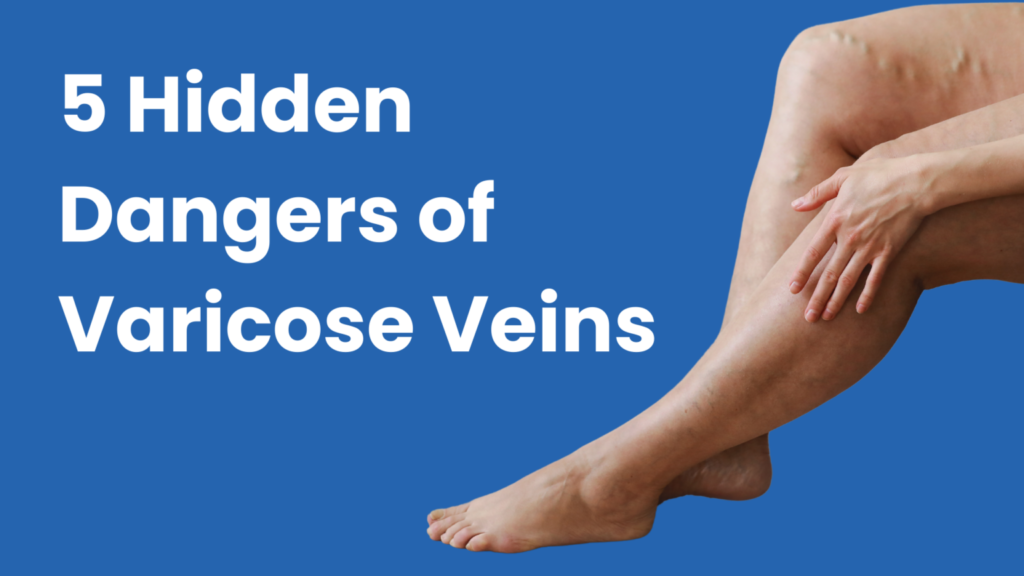If you consider that 1 out of 3 adults in the United States is overweight and 2 out of 5 tip the scales into obesity, it’s little wonder that losing weight tops so many new year’s resolution lists.
If you’re joining the large-scale effort to lose weight in the new year, we applaud your decision. Weight loss is a great way to boost your health and wellness, including the health of your legs.
As vascular specialists, the team here at Soffer Health Institute, under the experienced leadership of board-certified cardiologist Dr. Ariel Soffer, understands all too well the potential vascular problems that come with carrying extra pounds.
Here, we focus on three ways in which your legs can benefit after you lose some weight.
1. A lower risk for varicose veins
Up to 30% of the general population has varicose veins, and there are many factors that contribute to this large prevalence, including being overweight. When you’re overweight, your cardiovascular system has to service this extra weight, making it work much harder.
This extra pressure on your vascular system can weaken your blood vessels, and when this occurs in your legs, you’re more prone to varicose veins.
While losing weight won’t get rid of existing varicose veins — we can do that quickly and easily here at our practice — it will lower your risk for future varicose veins.
2. Reduced chronic venous insufficiency (CVI)
The veins in your legs have one-way valves that close when blood passes through to keep it flowing in the right direction — toward your heart.
For the 6-7 million people in the US who have CVI, these valves don’t close properly, which allows blood to spill backward. Alongside age, being overweight or having obesity is one of the major risk factors for CVI.
The complications that stem from compromised leg circulation due to CVI range from varicose veins to venous ulcers that are tough to heal.
If you lose weight, you can take the pressure off of the malfunctioning valves in your legs, halting or slowing the progression of this vascular disease.
3. Less leg pain due to peripheral artery disease (PAD)
Being overweight places you at greater risk for PAD, which occurs when fatty plaque builds up in the arteries servicing your legs. For the 6.5 million Americans aged 40 and older who have PAD, one of the major side effects is leg pain.
While you can’t undo the narrowing that’s already occurred in your arteries when you lose weight, you can slow the disease considerably by eating better, getting active, and shedding pounds. This, in turn, can reduce the leg pain that you might be experiencing due to PAD.
The positive impact that losing weight can have on your cardiovascular health, and overall health, are almost without limits, so we urge you to stay the course.
If you’d like to learn more about how weight loss can improve the health of your legs, please contact one of our offices in Weston or Aventura, Florida, to set up a consultation.



